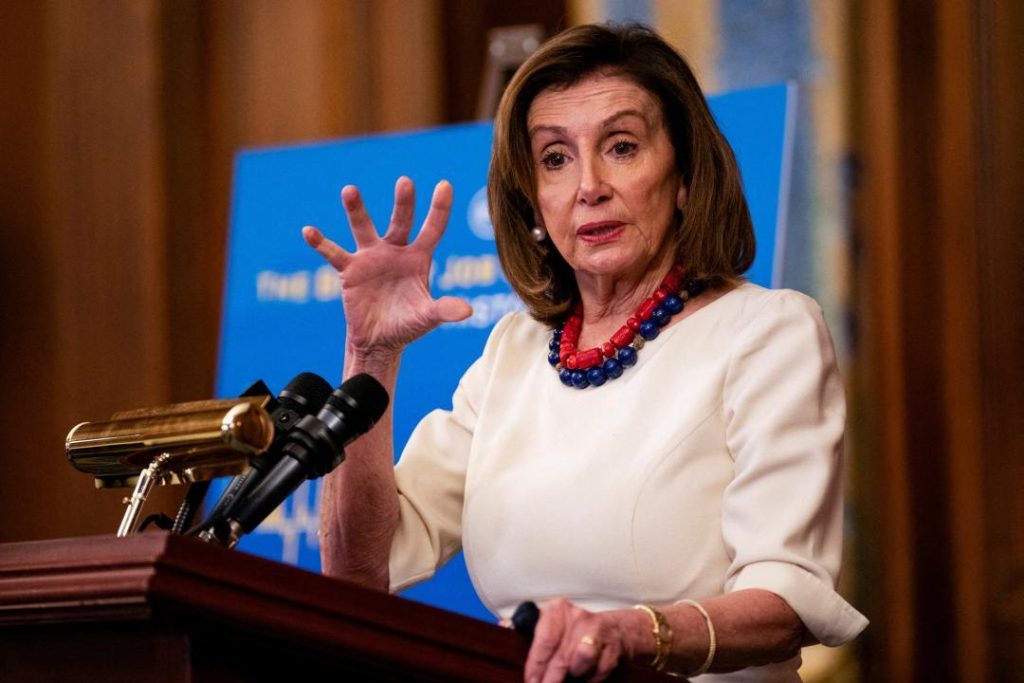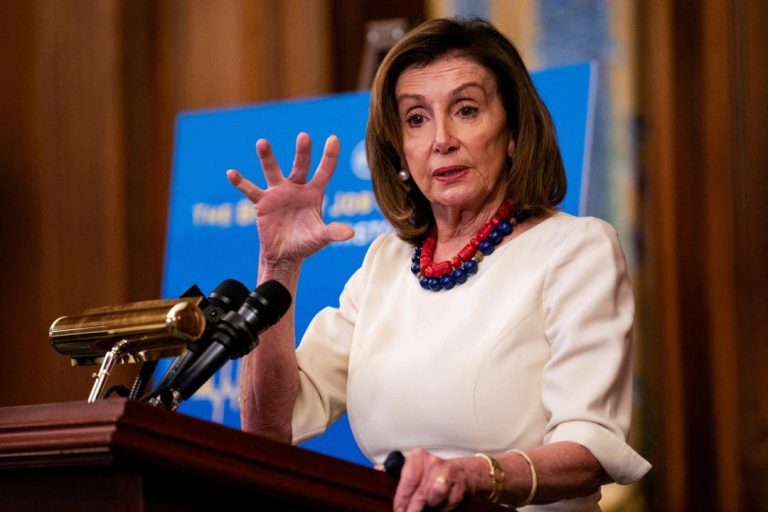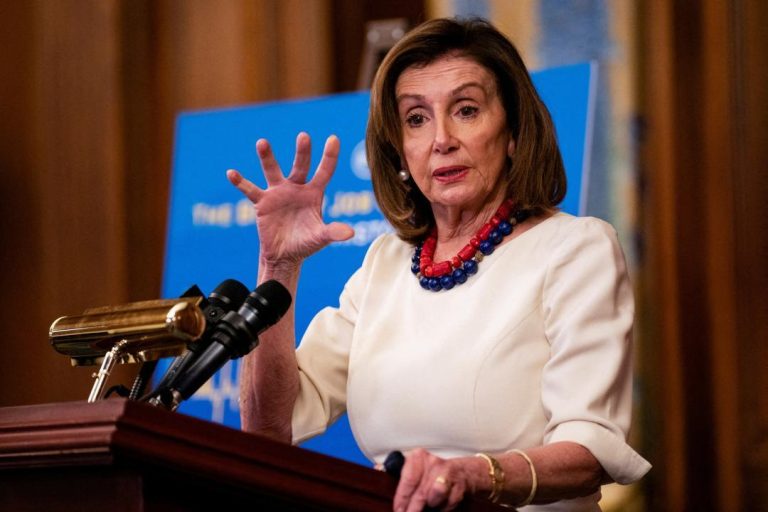
What is the Pelosi Act and Why is it Named After Former US Speaker Nancy Pelosi?
The Preventing Elected Leaders from Owning Securities and Investments (PELOSI) Act, reintroduced by US Senator Josh Hawley, aims to tackle the issue of lawmakers profiting from their positions of power. The proposed legislation seeks to prohibit elected officials and their spouses from holding or dealing in stocks while holding office. However, lawmakers would be allowed to invest in mutual funds (MFs), exchange-traded funds (ETFs), and Treasury bonds. The PELOSI Act is named after former US Speaker Nancy Pelosi, who reportedly enjoyed significant stock market gains during her term as Speaker.
The need for the PELOSI Act arises from the concerns surrounding the potential conflicts of interest that arise when lawmakers and their spouses own stocks. With the ability to influence legislation and regulatory decisions, lawmakers’ personal financial interests can create a conflict between their official duties and personal gains. This can lead to a situation where lawmakers prioritize their personal financial interests over the greater good, ultimately undermining public trust in the political system.
The PELOSI Act is a response to the growing criticism of lawmakers’ financial dealings. In recent years, several instances of lawmakers profiting from their positions have come to light, eroding public trust in the political system. For instance, in 2020, it was reported that Nancy Pelosi, then the Speaker of the House, and her husband had amassed significant wealth during her tenure, with their net worth increasing by over $100 million. The couple’s investments in tech stocks, such as Amazon and Google, were particularly lucrative, with their net worth increasing by $20 million in just one year.
The PELOSI Act aims to prevent similar situations in the future by prohibiting lawmakers and their spouses from holding or dealing in individual stocks. Lawmakers would still be allowed to invest in mutual funds, ETFs, and Treasury bonds, which are considered to be less susceptible to manipulation and more diversified. This would ensure that lawmakers’ financial interests are not directly tied to specific companies or industries, reducing the potential for conflicts of interest.
The reintroduction of the PELOSI Act comes at a time when concerns about lawmakers’ financial dealings are at an all-time high. In recent years, there have been numerous instances of lawmakers’ personal financial interests influencing their decisions, leading to widespread criticism and calls for greater transparency. The proposed legislation aims to address these concerns by creating a clear and transparent system for lawmakers’ financial dealings.
The PELOSI Act is not without its critics, however. Some argue that the proposed legislation goes too far, restricting lawmakers’ ability to invest in the stock market and potentially limiting their financial security. Others argue that the legislation is too vague, failing to define what constitutes a “stock” or “investment” and potentially creating confusion and uncertainty.
Despite these criticisms, the PELOSI Act has the potential to significantly improve transparency and accountability in the political system. By prohibiting lawmakers and their spouses from holding or dealing in individual stocks, the proposed legislation can help to reduce the potential for conflicts of interest and increase public trust in the political system.
In conclusion, the PELOSI Act is a significant step towards improving transparency and accountability in the political system. By prohibiting lawmakers and their spouses from holding or dealing in individual stocks, the proposed legislation can help to reduce the potential for conflicts of interest and increase public trust in the political system. As the debate surrounding the PELOSI Act continues, it is essential that lawmakers and the public alike remain vigilant and committed to ensuring that our political system is transparent, accountable, and serves the greater good.



